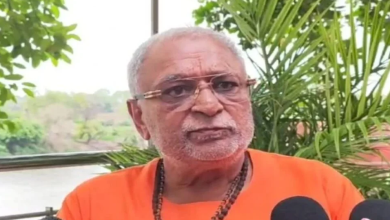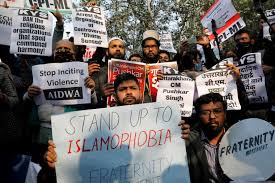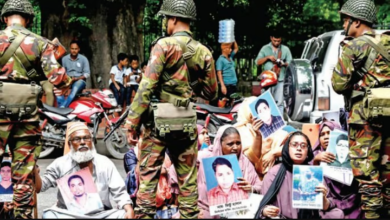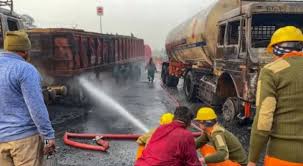India’s prosperity claims collide with reality: Hajj applications in IIOJK drop 56%
 Srinagar: A stark contrast has emerged between the BJP-led Indian government’s claims of progress and economic boom in Indian illegally occupied Jammu and Kashmir (IIOJK) and the reality faced by its residents, as evidenced by a dramatic 56% decline in Hajj applications for 2025.
Srinagar: A stark contrast has emerged between the BJP-led Indian government’s claims of progress and economic boom in Indian illegally occupied Jammu and Kashmir (IIOJK) and the reality faced by its residents, as evidenced by a dramatic 56% decline in Hajj applications for 2025.
According to Kashmir Media Service, this significant drop highlights the deteriorating economic conditions in IIOJK, marking a trend not seen in previous years.
District-wise data reveals alarming figures, with Srinagar experiencing a staggering 64% decrease in Hajj applications, plummeting from 2,607 in 2024 to just 937 in 2025. Budgam followed closely with a 63% decline, where applications fell from 873 to 325. Other districts, including Islamabad and Pulwama, reported substantial reductions of 51% and 60.5%, respectively. In the Jammu region, Udhampur faced a significant 64% drop, while Rajouri saw a 42% decline.
Economic analysts attribute this downturn to rising living costs, reduced incomes, and increasing household debts, forcing families to reconsider their spending habits. The findings echo results from the recent Mood of the Nation survey carried out by the India Today Group, which indicated that 66% of residents in IIOJK are struggling to manage their expenses, reflecting a troubling economic landscape. Moreover, the survey reveals a concerning 38% decline in reported incomes over the past year, with unemployment cited as a major concern by 47% of respondents. This highlights widespread anxiety about job scarcity, particularly among educated youth.
Local business owner Amina Rizvi remarked, “Many families are struggling to save money for the Hajj. The increased costs of living and stagnant wages mean that for many, healthcare and education take precedence over a pilgrimage.”
Community leader Arif Malik added, “Analyzing the recent decline in applications, it’s clear that people simply don’t have the disposable income they once did. They are focusing more on immediate needs.”
This financial pressure underscores the disconnect between the Indian government’s narrative of progress and the lived experiences of people in IIOJK, who continue to face significant economic challenges in their daily lives.








